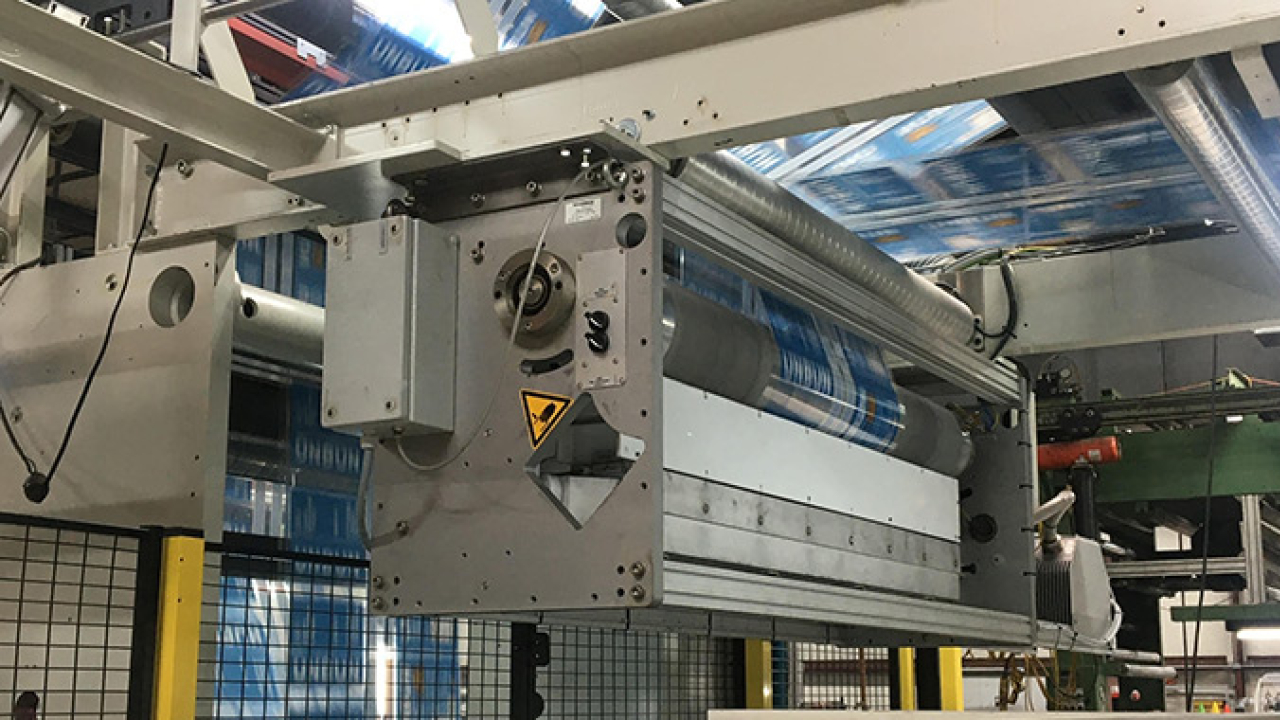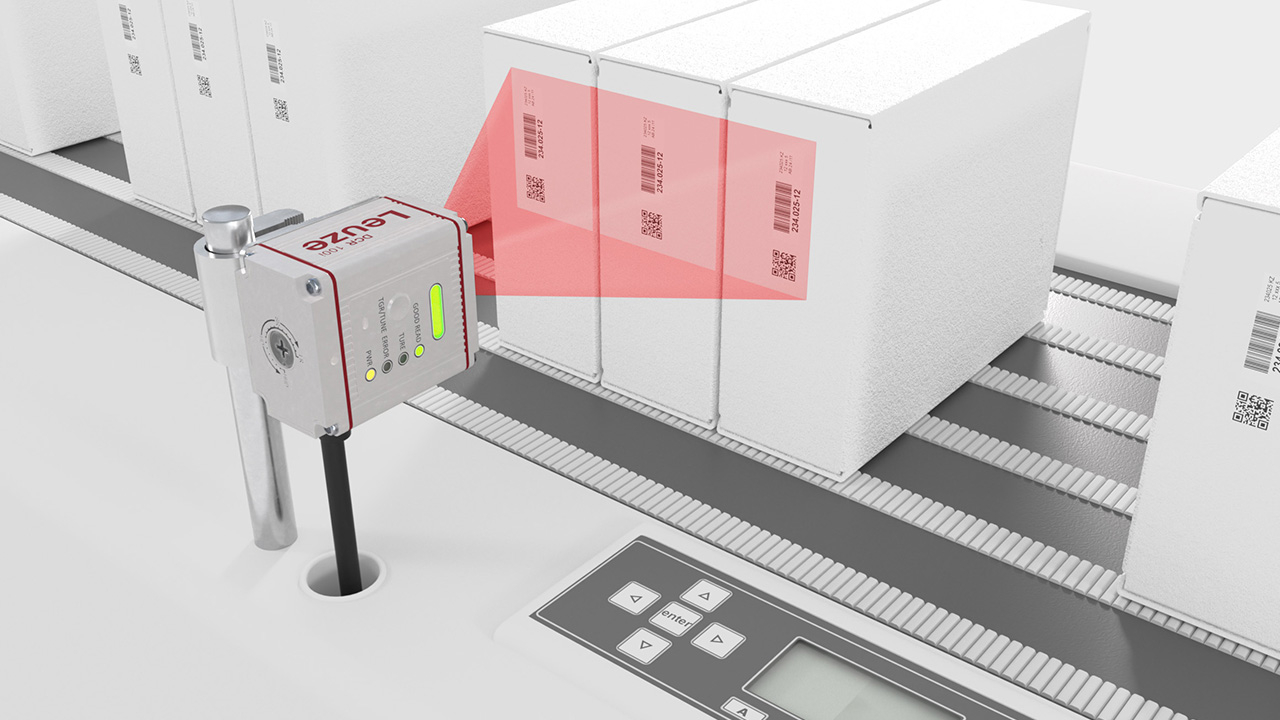Texas Poly opts for Vetaphone corona technology
Flexible packaging specialist Texas Poly has specified Vetaphone corona treaters for its Comexi equipment to benefit from a unique level of controllability that can be finely adjusted to suit each filmic substrate.

Texas Poly has been manufacturing flexible packaging from its base in Euless, TX, since 1989. Founded by James Earl and now owned by his son Justin, the company has built a solid reputation for the high-quality packaging it supplies to various industries and for its rapid response and attention to customer service.
‘We pride ourselves on our services, from design and artwork, through prototyping to contract converting. We specialize in a range of pouches and poly bags using a variety of films, including PET, BOPP, CPP, PET, MET, HDPE, and LDPE, many of which we print in high-quality flexo up to 10 colors, with additional lamination options to provide barrier protection,’ commented Jose Salazar, maintenance manager at Texas Poly.
The company invested in a new Comexi laminator and a flexo press in 2020, and it was here that it came across Vetaphone corona treaters for the first time.
‘We accepted Comexi’s recommendation for Vetaphone surface treatment on the press and laminator and now, having worked with it for two years, there is no way we would specify any other corona brand on future investments,’ added Salazar.
A high proportion of its output goes to the food, chemical, pharmaceutical, and engineering sectors, and Texas Poly is mindful of its approach to sustainability with both recyclable and compostable substrates. To reduce its carbon footprint and costs, the company works on thickness optimization while being careful to maintain the strength and barrier properties of the flexible packaging it manufactures.
This is an ideal scenario for Vetaphone technology because it offers a unique level of controllability that can be finely adjusted to suit each filmic substrate.
Ted Wolski, Vetaphone’s sales manager for the US, commented: ‘Different substrates suffer different rates of dyne decay, and different processes require different dyne levels too, so having a controllable surface treatment system is a sure way of getting it right the first time, and every time. We are delighted that Comexi recommended Vetaphone and that Texas Poly is benefitting from this.’
Stay up to date
Subscribe to the free Label News newsletter and receive the latest content every week. We'll never share your email address.

